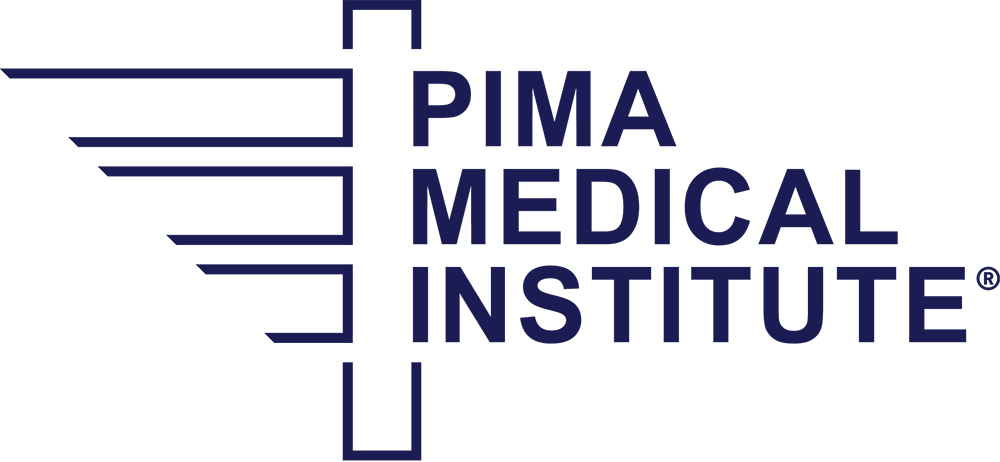Today’s pharmacy technicians can work in a variety of settings, each with its own nuances. If you’re interested in the field and would like to know what career options exist, keep reading.

1. Retail pharmacy
When you think of being a pharmacy technician, you likely think of a retail setting. In this type of setting you interact with the public quite a bit, so there’s a significant amount of customer service duties – fielding customer questions, answering phones and looking up the status of customers’ prescriptions. This is a fast-paced environment, and it’s important to be able to work without a lot of supervision.
2. Closed-door pharmacy
A closed-door pharmacy is generally not open to the public, so you wouldn’t work with customers in the same manner as you would in a retail pharmacy. Closed-door pharmacies are niche operations that serve special groups. Pharmacy technicians who work at these locations prepare medication for long-term care and hospice care facilities, jails or prisons, mail-order or online medication companies and nuclear pharmacies, where radioactive medications are prepared.
 3. Compound pharmacy
3. Compound pharmacy
Pharmacy technicians who work at compound pharmacies help prepare medications that are handmade and not readily available at a typical retail pharmacy. The patients who receive these medications have special needs that can’t be met with commercially available drugs. Working at a compound pharmacy enables the pharmacy technician to use more hands-on skills, science and mathematics. You don’t usually work directly with customers.
 4. Hospital pharmacy
4. Hospital pharmacy
Hospital patients often need medication at a moment’s notice, so speed and accuracy are key for the hospital pharmacy technicians. They provide round-the-clock care for patients who are being seen in the operating room, trauma center, emergency department and other areas of the hospital. The hospital pharmacy technician is involved in all areas of medication preparation and delivery, and there is a lot of opportunity for career advancement due to the wide array of skills you must possess.
5. Pharmacy benefit manager
Some pharmacy technicians choose to become pharmacy benefit managers. In this role, you oversee the processing and paying of prescription drug claims for a third-party administrator or as part of a healthcare system. The pharmacy benefit manager is also responsible for the development and maintenance of medications, contracting with pharmacies and negotiating discounts and rebates with drug manufacturers.
Career growth & wages for pharmacy technicians
As the population of seniors in the U.S. continues to grow, so will job opportunities for pharmacy technicians. The U.S. Bureau of Labor Statistics projects the career will grow nine percent through 2024, faster than the average for all occupations.
Wages for a pharmacy technician career vary according to the geographical area, local demand for workers, the cost of living, and worker skill. Do your own research into what pharmacy technicians make in your area. Consult local job boards, the BLS, and others who work in the field for more specific information.
 Become a pharmacy technician with Pima Medical Institute
Become a pharmacy technician with Pima Medical Institute
Pima Medical Institute offers the Pharmacy Technician certificate program in Arizona, California, Colorado, Nevada, New Mexico, Texas, and Washington. It is a 10-month program that is completed with an externship. Request more information on the pharmacy technician program at Pima Medical Institute.

 3. Compound pharmacy
3. Compound pharmacy 4. Hospital pharmacy
4. Hospital pharmacy
 Become a pharmacy technician with Pima Medical Institute
Become a pharmacy technician with Pima Medical Institute

